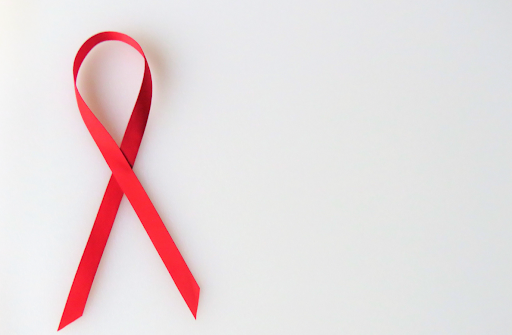With over 21 million Americans suffering from at least one addiction, only 10% of them are able to receive treatment.
Unfortunately, treatment can be inaccessible due to barriers such as cost and time commitments. Additionally, quitting cold turkey and other common coping mechanisms often only serve as a bandaid to the underlying cause of addiction – limiting beliefs and unmet needs that lead to maladaptive self-soothing behaviors.
The challenges faced in addressing addiction treatment are multifaceted, primarily highlighted by the significant obstacles of cost and time commitments. The financial burden of treatment, encompassing therapy, medication, and rehabilitation services, is often prohibitively high, placing a considerable strain on individuals struggling with addiction. This issue is compounded by the substantial time investment required for effective recovery, including therapy sessions, support group meetings, and other related activities. Balancing these demands with other life responsibilities, such as work and family, can be overwhelmingly challenging for many.
The approach of quitting addictive behaviors abruptly, known as “cold turkey,” is often insufficient in addressing the deeper psychological issues underlying addiction. Many individuals resort to substances or behaviors as coping mechanisms for stress, trauma, or emotional distress. Without confronting these root causes, the likelihood of relapse remains elevated. This situation is exacerbated by “limiting beliefs,” which are negative self-perceptions and thoughts that perpetuate the cycle of addiction. Similarly, “unmet needs,” such as emotional support, social connection, or purpose, drive individuals towards self-soothing through addiction. A holistic approach to treatment is therefore essential, one that not only focuses on cessation of the addictive behavior but also addresses the psychological and emotional factors contributing to the addiction. This approach should aim to alter limiting beliefs, fulfill unmet needs in healthier ways, and provide treatment options that are accessible, affordable, and sensitive to time constraints.
Meta-Brain Labs is working to help empower individuals to get to the root of their addiction by leveraging revolutionary patent-pending technology to connect and understand our unconscious thought patterns that shape our lives, and can cause us to rely on external substances to fulfill unmet needs.
“The roots of addiction are multifaceted, intertwining biological predispositions, psychological vulnerabilities, and environmental triggers. Often addiction stems from a compulsive desire to have one’s needs met, and is hard to satiate permanently without addressing the unconscious drivers of behavior, our mindsets. Mindfulness and cognitive therapy guide individuals to explore the intricate web of thoughts, emotions, and behaviors that underlie addictive patterns. By fostering awareness and addressing the core issues driving addictive tendencies through cognitive restructuring, individuals can attain the abilities to change unconscious beliefs and embark on a transformative journey toward healing and recovery,” explains Alexandrea Day, Founder & CEO of MetaBrain Labs.
Addiction can be a large burden on the afflicted as well as their friends and family. The emergence of digital solutions like apps raises an intriguing question: Can an app effectively assist individuals on their journey to overcome addiction? This question is at the heart of debates surrounding the use of technology in mental health and addiction treatment. The concept of an app like MetaBrain, which focuses on facilitating mindset shifts and healing inner wounds, suggests a new frontier in treating addiction. By leveraging technology, such apps aim to provide accessible, personalized support that can complement traditional treatment methods.
MetaBrain’s technology, for example, strives to address the psychological aspects of addiction. Mindset shifts are crucial in overcoming addictive behaviors, as they involve changing the way an individual perceives themselves and their ability to cope with life’s challenges without resorting to substance use. Inner-wound healing targets the underlying emotional and psychological traumas that often fuel addictive behaviors, offering a pathway to resolve these issues without dependence on substances.
The question remains if it would be possible for an app to provide the answers to what people have been searching for on their paths of breaking away from their addictions.
MetaBrain, led by the pioneering Neurotech Innovator and CEO, Alexandrea Day harnesses the power of their patent-pending Brain-Computer Interface (BCI) technology to explore and retrain the unconscious mind. This helps individuals unlock and shift hidden mindsets, facilitating rapid behavioral change for a profoundly better life in as little as two weeks. The process, rooted in Adaptive theory and used by Cognitive-Behavioral Therapy (CBT) spans its use across all human endeavors from improving a golf score to becoming a mindful parent or a better public speaker.

